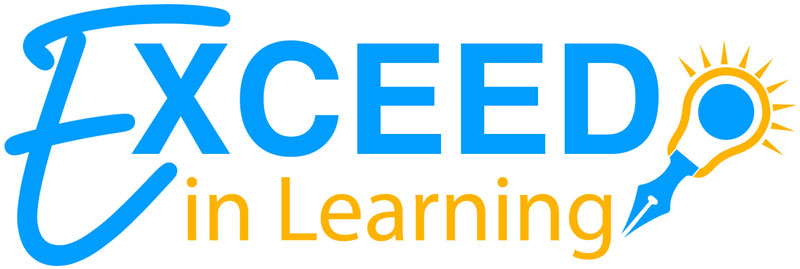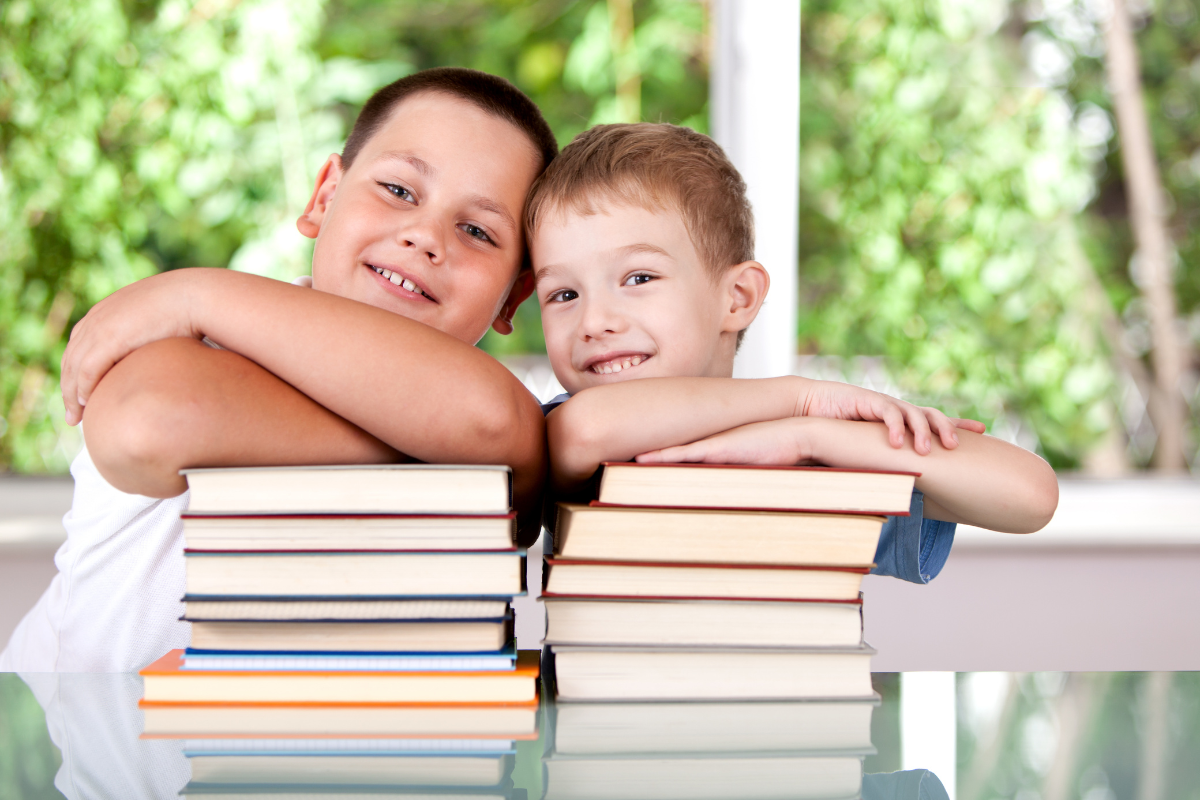Phonemic awareness is the ability to hear and manipulate sounds. Phonemic awareness is very important. When kids learn to read, they need to have a good understanding of how spoken sounds go together to form words. One thing to know is that phonemic awareness is not phonics. Think of phonemic awareness as sounds and phonics as written letters and words. Here is some of the things you are looking for when knowing if your child has good phonemic awareness:
1. Can your child rhyme? Can he pick out words that rhyme when he hears them? Can he come up with another word that rhymes? Does he know what makes a rhyming word?
2. Can your child tell you how many sounds are in a word? Say the word ‘cat’ to your kiddo. Can she say there are three sounds? /c//a//t/? If she can’t do it yet, can she tell you the first sound in the word? Can she tell you what a word is if you give her all the sounds first?
3. Can your child clap syllables in words? Start with his name. Henry has two syllables. George has one syllable.
4. Can your child come up with words that start with the same sound? Here’s where Dr. Seuss’s ABC’s book is the BEST THING EVER! Sorry to shout there, but I tend to love this book.
Okay, so maybe your kiddo is struggling with some of this. Now what? Well, here are a few fun things to do.
1. First, and what I think is THE MOST IMPORTANT (sorry again about the shouting)…read books. Read rhyming books to your kiddo. Read ABC books to your kiddo. Read anything to your kiddo. READ. After reading Green Eggs and Ham 50 times, can you read a line with a rhyme and have your child finish the second line with the correct word? “Not in a house. Not with a ?”
2. Try movement. Clap, jump, turn for every syllable or sound in a word. Parents should model first and help second. For ‘cat’, turn left for /c/, turn right for /a/, and left again for /t/. Or tap your knees for every sound. Kids love to move.
3. Repeat. Start with /c/ /c/ cat. /c/ /c/ cup. /c/ /c/ caterpillar. See if your child can come up with another word. Try different letters.
4. Sounds are great rhyming tools. Nursery rhymes, remember those? They all rhyme. Sing, clap, chant.
5. Find things around the house that start with a letter. Who can find something that starts with /m/? Mirror? Mickey Mouse? Map? How about /l/? Lego? Lipstick? Lollipop?
Remember, these are fun for kids. Start young. Build a foundation and a love of books and words. It will help. I promise.




